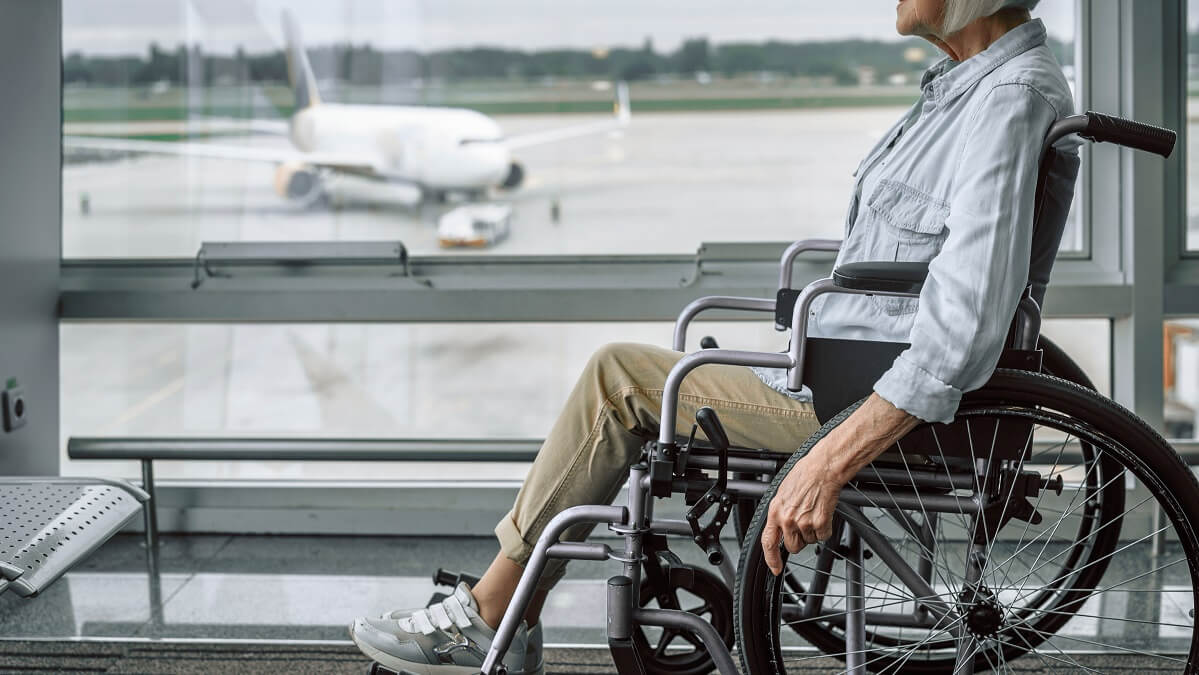Australian airlines and airports are being asked to do more to support people with a disability.
Disability Royal Commission chair Ronald Sackville has written to the chief executives of Australia’s airlines and domestic airports outlining concerns people with disability have reported to the royal commission based on their experiences with air travel.
In November last year, the royal commission organised two workshops focused on those experiences. More than 60 participants attended the sessions, including Paralympian Karni Liddell and representatives from disability representative organisations.
People with disabilities reported that they often encountered inaccessible facilities and services at airports and faced unhelpful practices and systems adopted by airlines.
The issue was graphically illustrated last year when Australian Craig Nolen, attempting to return to his home in Finland, was removed from his Qatar Airways flight and left stranded in Melbourne.
Nolan was removed from the flight after alerting cabin staff he would need assistance to reach the in-cabin bathroom – a process other airlines and staff had assisted him with before.
The chair’s letter includes suggestions made by people with disability at the workshops to ensure that airlines and domestic airports provide a more inclusive experience for all air travellers.
“People with a disability often experience avoidable challenges when travelling by air and more can be done by airlines and domestic airports to address those challenges,” Mr Sackville wrote.
“The experience of people with a disability include damage to wheelchairs not rectified by airlines, being dropped on the floor because the hoist that accommodates wheelchairs is not used correctly, limited access to safe ramps and discrimination against people who rely on assistance dogs.”
In a reply to the letter, Australian Airport Association chief executive James Goodwin said the industry was determined to improve the situation.
“Airports continue to work with other parts of the industry – including government agencies that operate at airports – and stakeholders to share information so we can continue to promote inclusive and consistent practices,” Mr Goodwin wrote.
Accessible Accommodation co-found Kerry Williams says the challenges of air travel for people with a disability are often compounded by the costly and devastating impact of damaged mobility equipment, particularly for wheelchair users.
“The number one challenge is the damage caused to very expensive equipment, most of these wheelchairs are custom fitted for people with disabilities,” Ms Williams says.
“But because the wheelchair is shoved into the cargo hold, it’s common for it to come out broken.
“Wheelchairs are people’s legs, for want of a better description, so if they are damaged, how can anyone go on a holiday or travel?”
Do you think airlines and airports should make more concessions for people with a disability? Why not share your thoughts in the comments section below?
Also read: Six surprising in-flight requests

